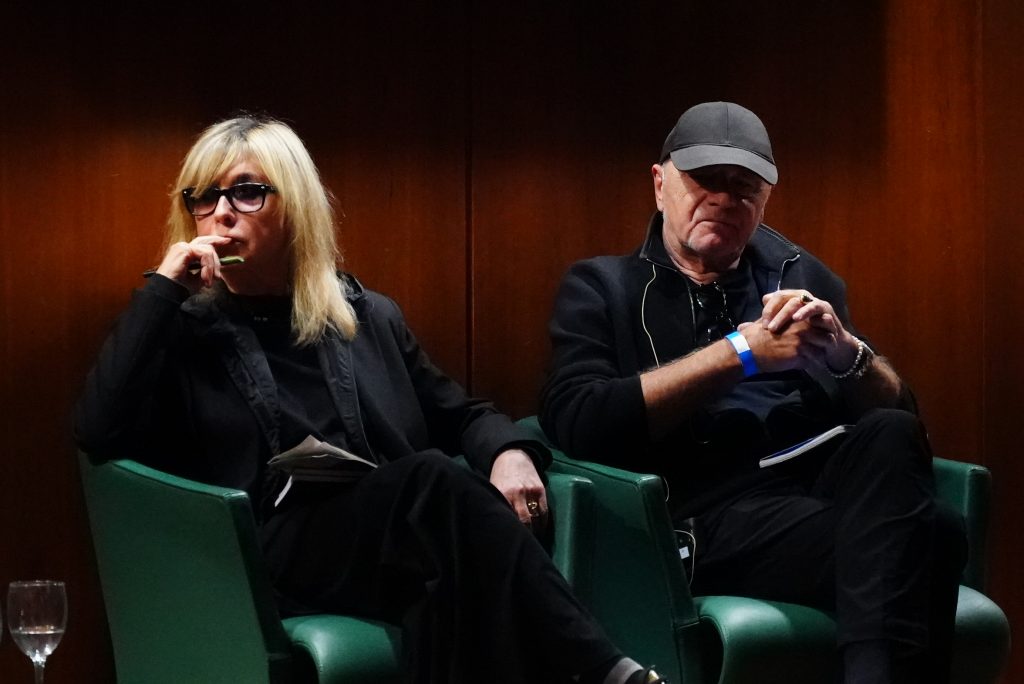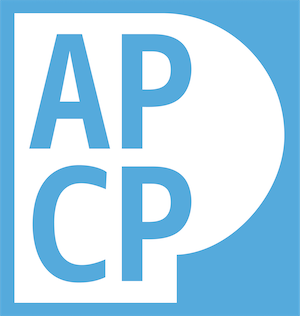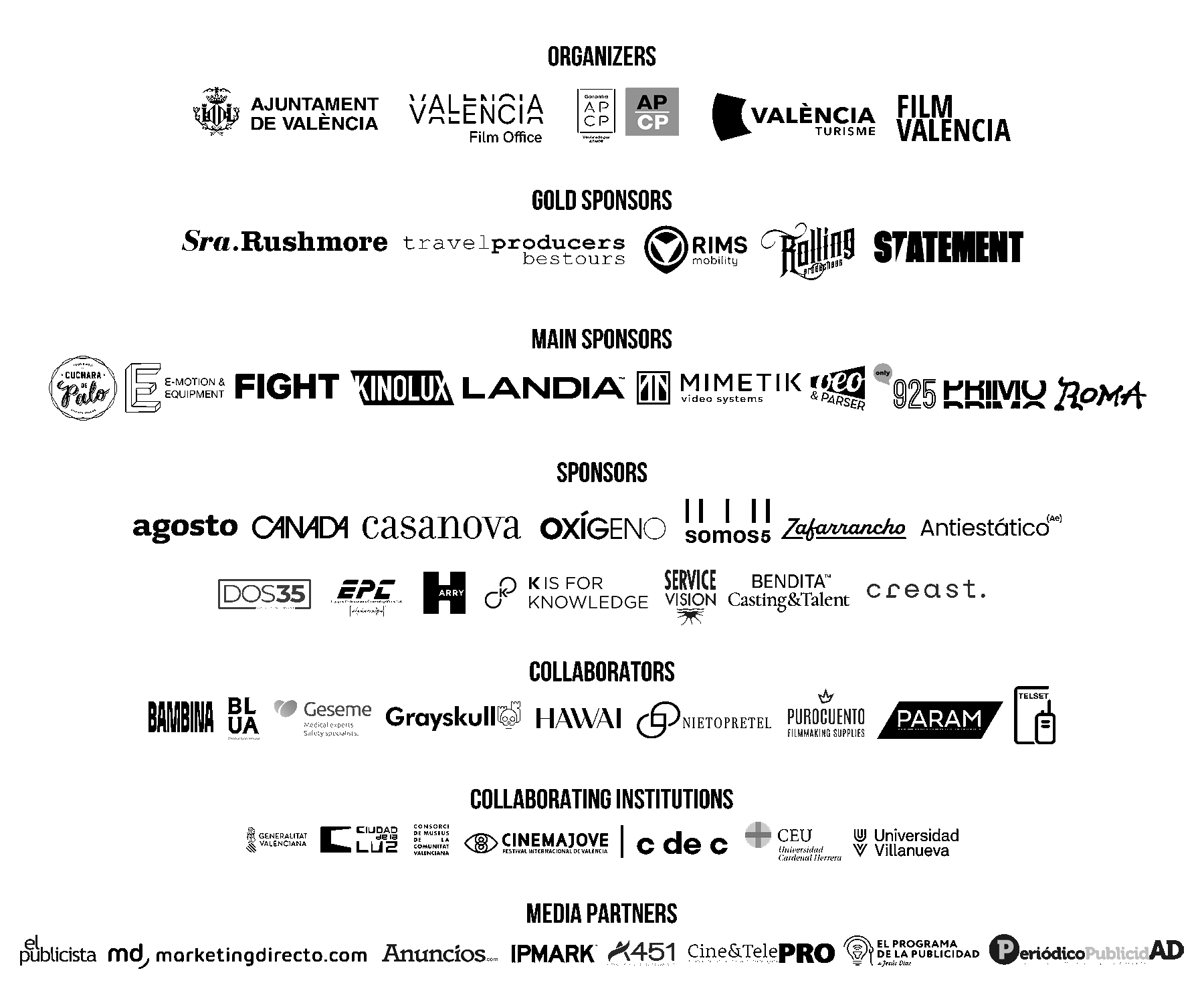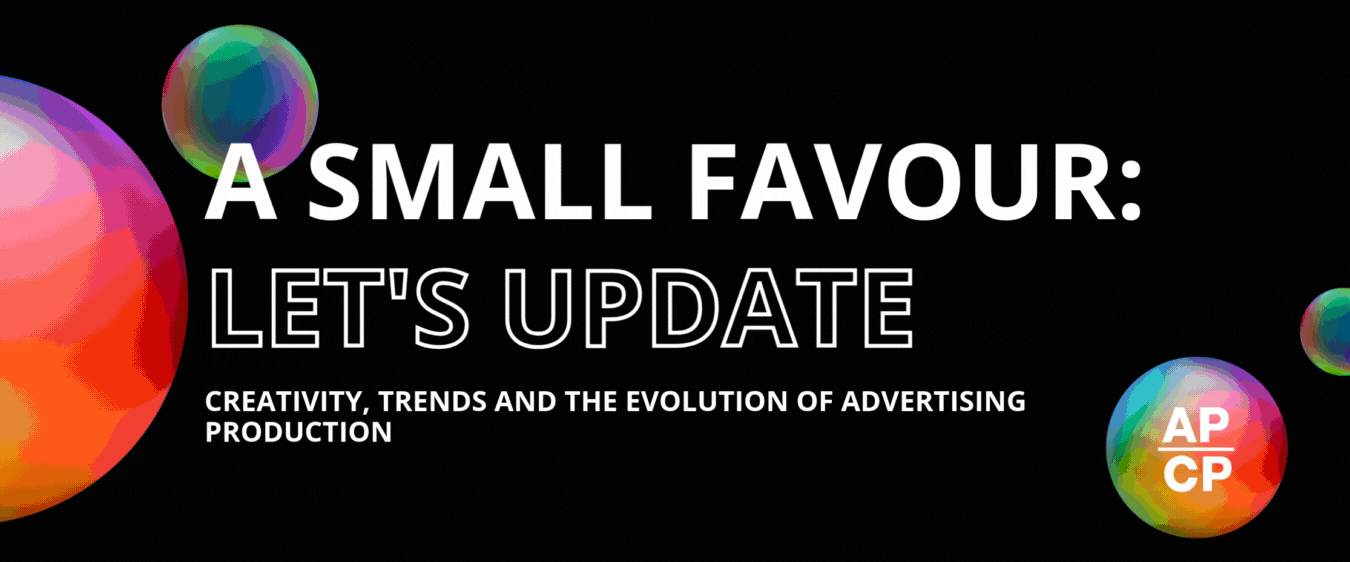
Major industry figures discuss how to update and evolve in the ever-changing context of advertising production and creativity.
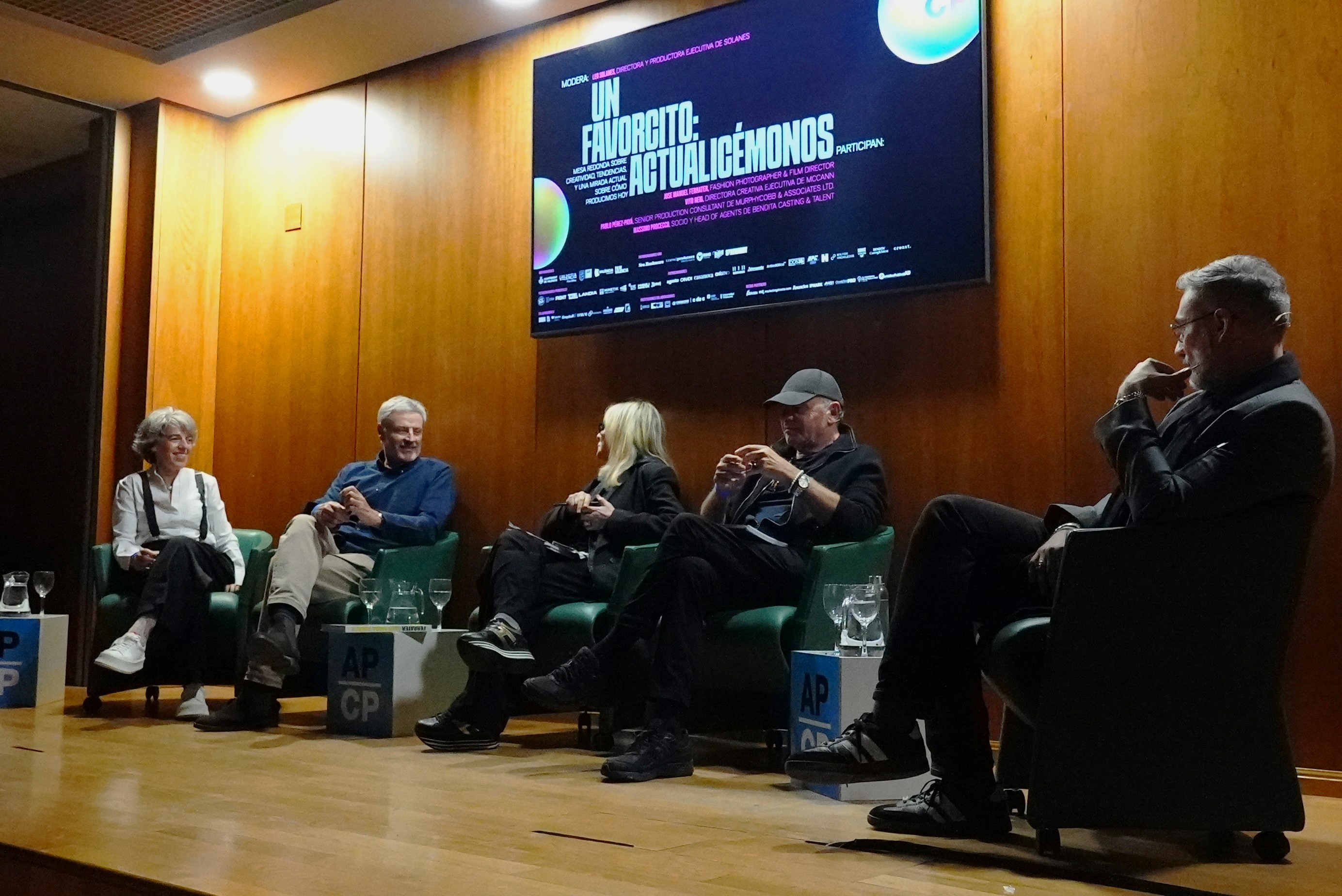
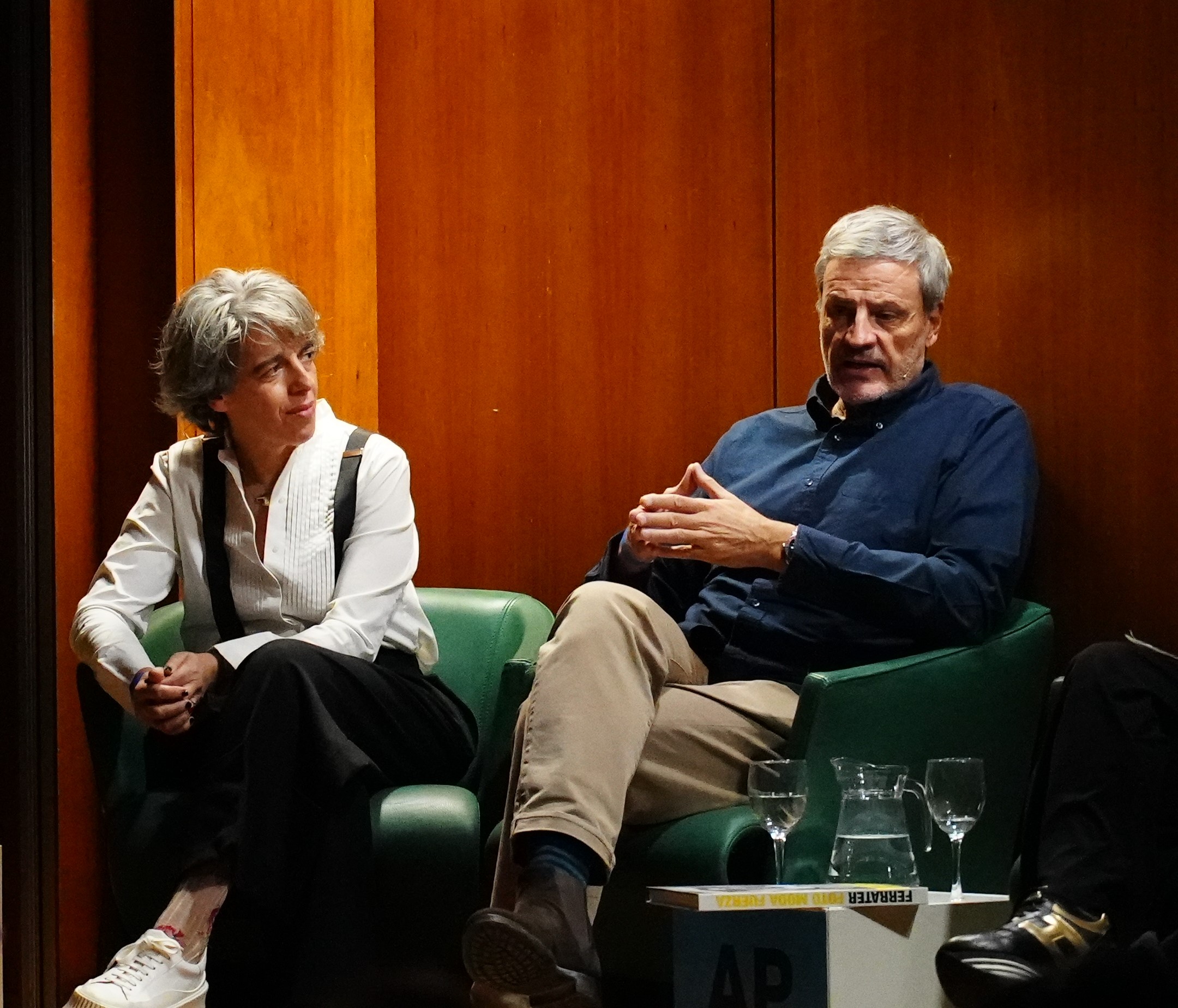 Focusing on how creatives must adapt in a changing environment, with an emphasis on sustainability and the evolution of production towards new platforms, Leo Solanes began by highlighting that updating oneself is more “a matter of attitude and the creative’s talent,” pointing out that advertisers must be at the forefront to carry out any project. In this regard, Pérez-Payá explained that the need to update is “a consequence of the pandemic and the change in production methods.” He also stated that virtualization and digital processes are “essential to improve efficiency and facilitate global work,” especially with the arrival of artificial intelligence.
Focusing on how creatives must adapt in a changing environment, with an emphasis on sustainability and the evolution of production towards new platforms, Leo Solanes began by highlighting that updating oneself is more “a matter of attitude and the creative’s talent,” pointing out that advertisers must be at the forefront to carry out any project. In this regard, Pérez-Payá explained that the need to update is “a consequence of the pandemic and the change in production methods.” He also stated that virtualization and digital processes are “essential to improve efficiency and facilitate global work,” especially with the arrival of artificial intelligence.
Vito Reig addressed how new social media and formats are changing creativity. For her, the challenge remains the same: “to create surprising ideas.” Reig emphasized that creative ideas must connect with culture and that social media allows us to live it closely; she also made a distinction between marketing and brands, stating that brands inspire dreams, while marketing focuses on the functional.
Massimo Pocecco emphasized the importance of inclusion in casting, stressing that creativity “must break free from stereotypes and adapt to the current reality.” He also expressed optimism about artificial intelligence but was clear in stating that “talent is human, not artificial.”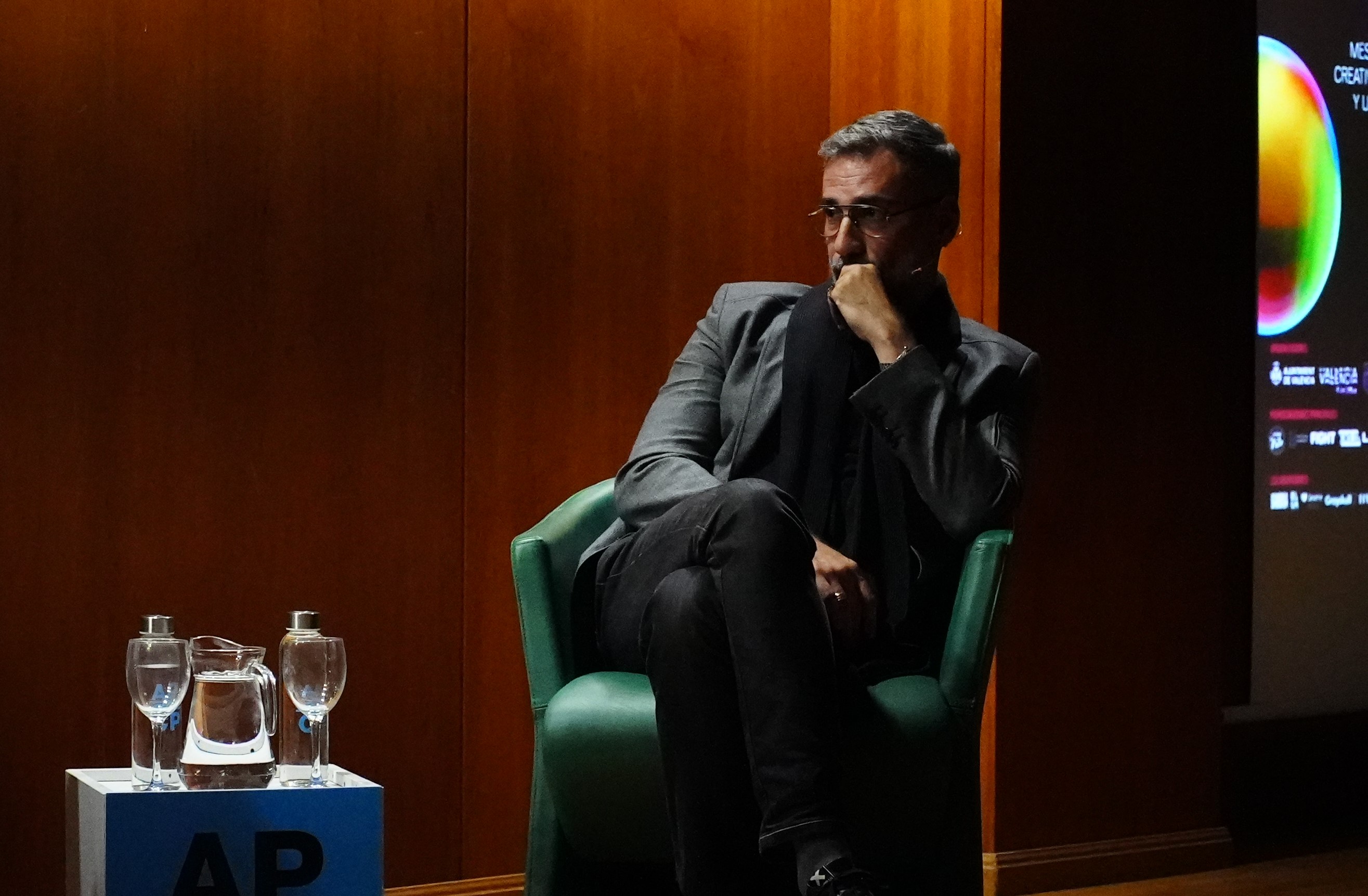
Finally, José Manuel Ferrater reflected on his career, citing reading as a turning point in his professional life. He described his work as a “story,” mentioning his evolution from fashion to advertising, and concluded with a quote from Virginia Woolf on how stories shape our lives. Ferrater shared his emotional view of art and creativity as a way to connect with the human essence.
At the end of the panel, the speakers agreed on the importance of staying constantly updated. Pablo Pérez-Payá emphasized that change is essential for evolution and not falling behind, stating that updating oneself is a law of life. Vito Reig, for her part, reflected on how ideas must connect with human emotions, as emotions continue to be the fundamental engine of creativity. Massimo Pocecco expressed his excitement about how the industry is continuing to educate and evolve, highlighting the transformative power of creativity. Finally, José Manuel Ferrater shared his view that what truly moves the world is the hunger to create, connect, and transform, recognizing that creativity “is the force that drives our existence.
